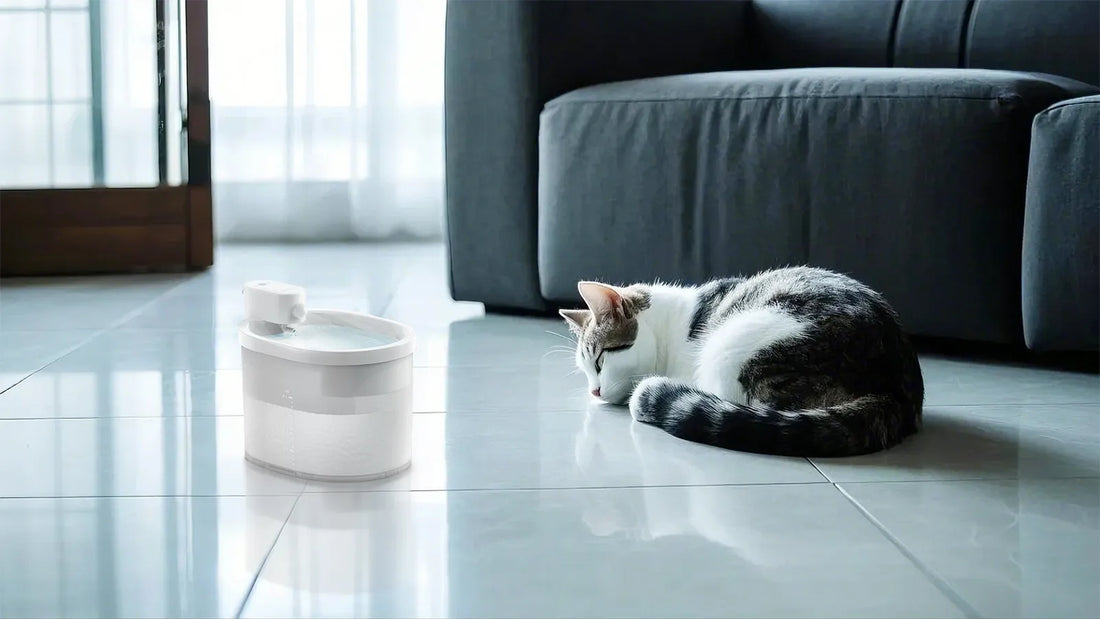If you've noticed your dog is drinking a lot of water and peeing a lot, it's natural to feel concerned. While increased thirst and urination can be harmless, they can also signal underlying health issues. Understanding the potential causes and knowing when to seek veterinary care is crucial for your dog's well-being.
Common Causes of Increased Thirst and Urination in Dogs
There are several reasons why your dog might be drinking more water and urinating frequently. Some of the most common causes include:
- Dehydration: Hot weather or increased physical activity can lead to dehydration, prompting your dog to drink more water.
- Dietary Changes: A diet high in salt or certain types of food can increase thirst.
- Medications: Some medications, such as steroids or diuretics, can cause increased thirst and urination.
- Behavioral Factors: Anxiety or boredom can sometimes lead to excessive drinking.
Health Conditions Linked to Excessive Thirst and Urination
While the above causes are relatively benign, certain health conditions can also lead to these symptoms. These include:
- Diabetes Mellitus: This condition affects your dog's ability to regulate blood sugar, leading to increased thirst and urination.
- Kidney Disease: Impaired kidney function can result in excessive drinking and urination as the body tries to flush out toxins.
- Cushing's Disease: This hormonal disorder causes the body to produce too much cortisol, leading to increased thirst and urination.
- Urinary Tract Infections (UTIs): Infections in the urinary tract can cause frequent urination and discomfort, prompting your dog to drink more water.
When to Seek Veterinary Care
If your dog is drinking a lot of water and peeing a lot, it's important to monitor their behavior closely. Seek veterinary care if you notice any of the following:
- Sudden changes in thirst or urination habits
- Signs of discomfort or pain during urination
- Lethargy or changes in appetite
- Weight loss or gain without explanation
Your veterinarian may perform blood tests, urine analysis, or imaging studies to determine the underlying cause and recommend appropriate treatment.
Preventive Measures and Care Tips
While some causes of increased thirst and urination are beyond your control, there are steps you can take to support your dog's health:
- Ensure your dog has access to fresh, clean water at all times.
- Monitor their diet and avoid foods high in salt or additives.
- Provide regular exercise and mental stimulation to reduce anxiety or boredom.
- Schedule routine veterinary check-ups to catch potential health issues early.
By staying proactive and attentive to your dog's needs, you can help them stay healthy and happy.
If your dog is drinking a lot of water and peeing a lot, don't ignore the signs. Early detection and intervention can make all the difference in managing potential health issues and ensuring your furry friend enjoys a long, healthy life.













